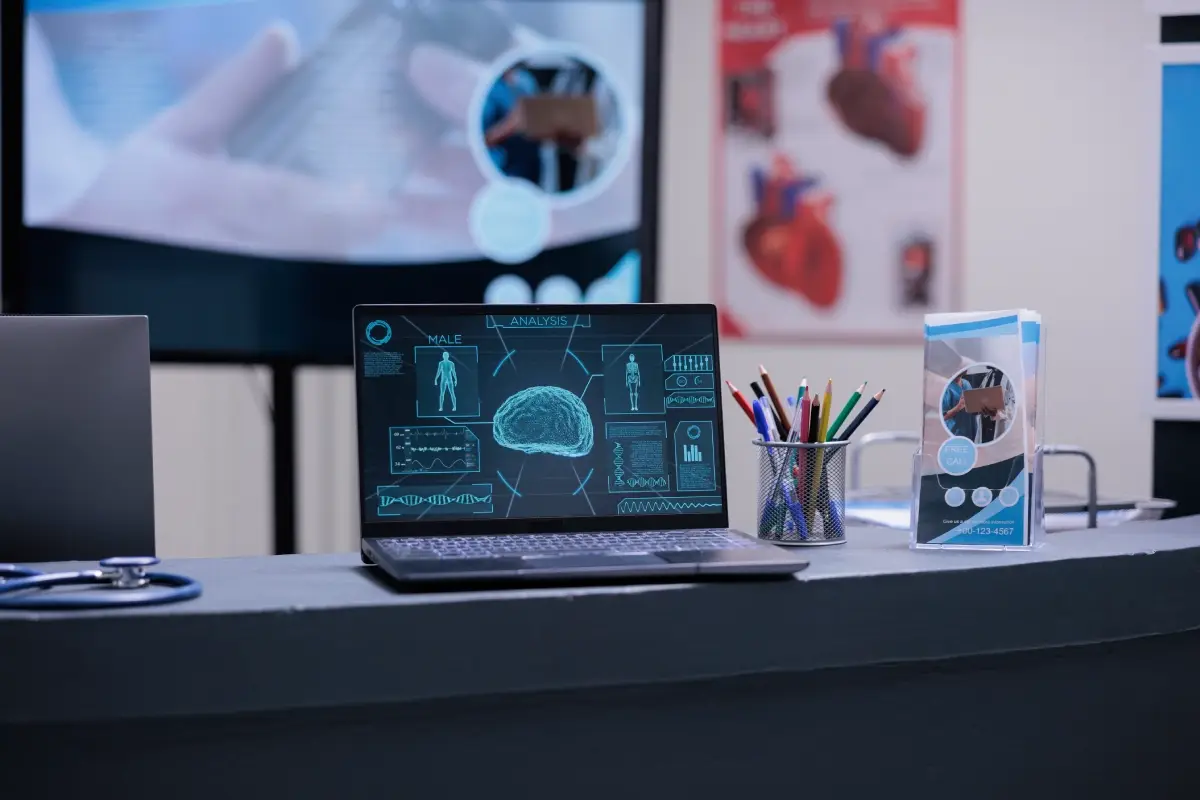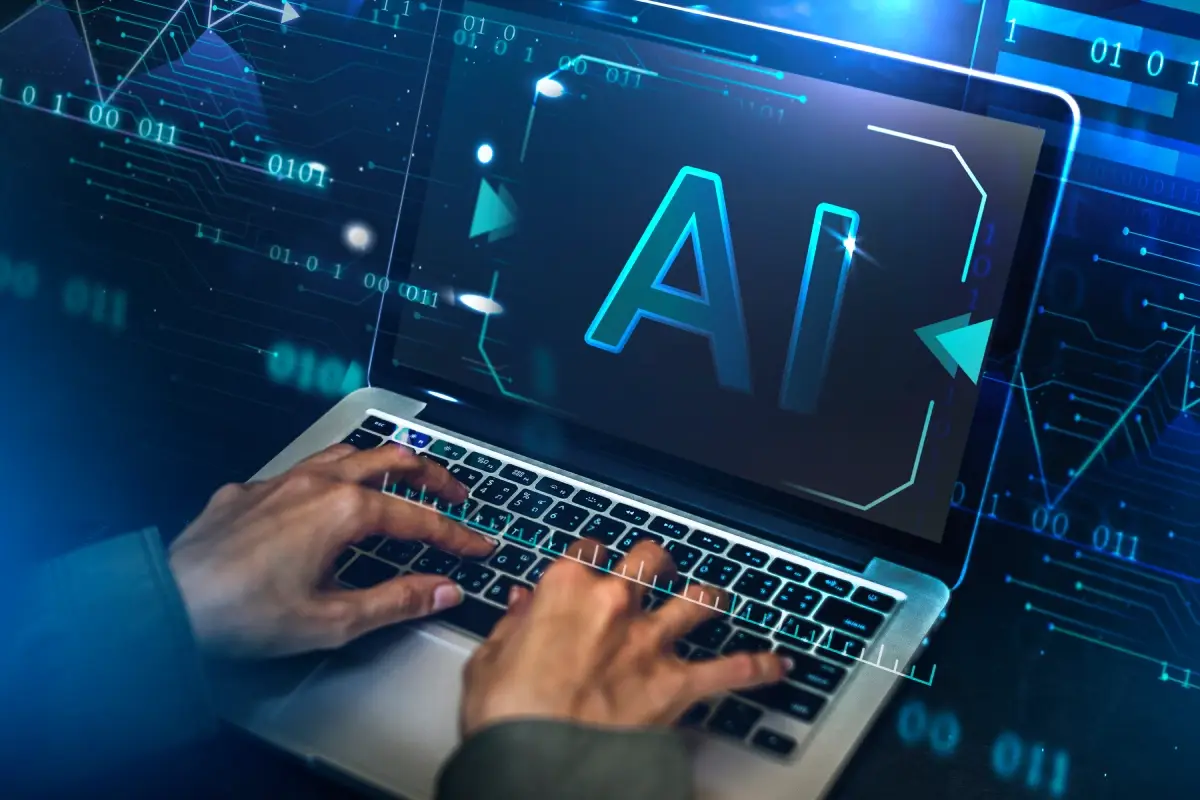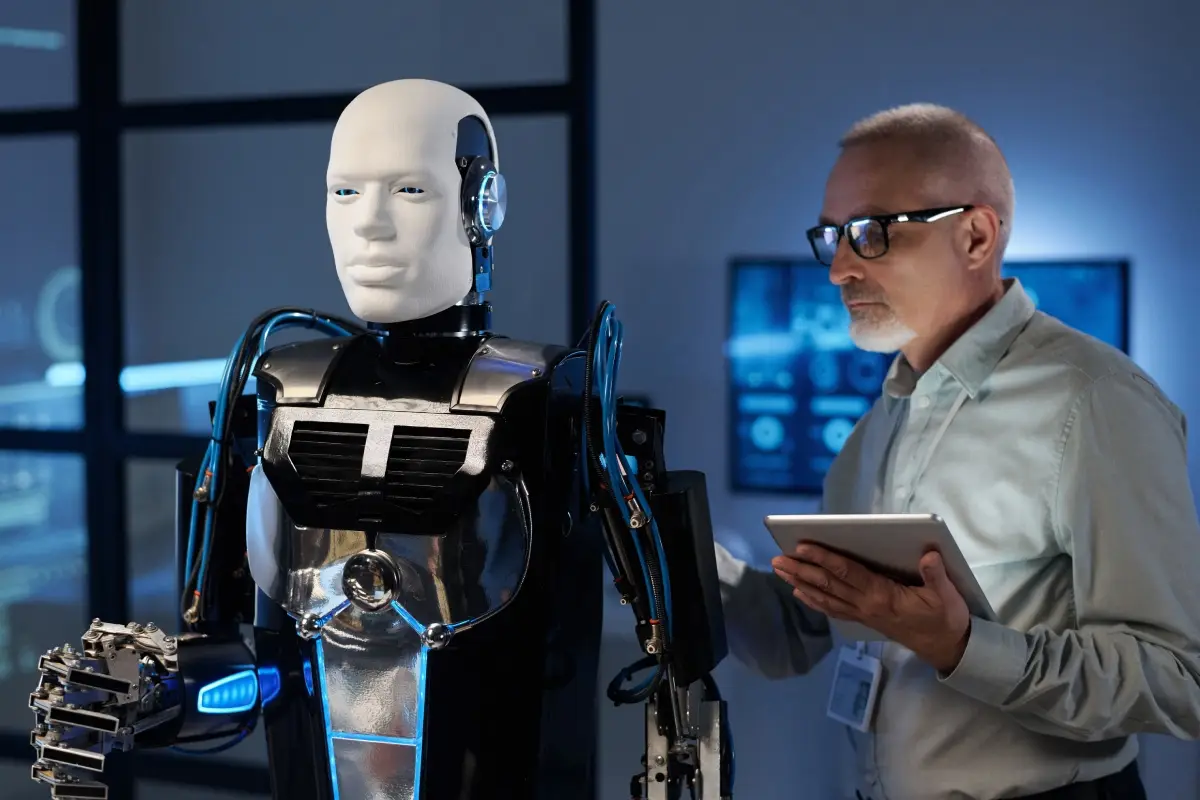Artificial Intelligence (AI) is revolutionizing healthcare, transforming patient care, diagnosis, and treatment. From early disease detection to robotic surgeries, AI is enhancing efficiency, accuracy, and accessibility, ultimately saving lives.
Early Diagnosis and Disease Prediction
AI-powered tools analyze vast amounts of medical data to detect diseases at an early stage. Machine learning algorithms can identify patterns in medical images, helping radiologists diagnose conditions like cancer, heart disease, and neurological disorders with greater accuracy. AI also predicts disease outbreaks by analyzing global health trends.
Personalized Treatment Plans
AI tailors treatment plans based on a patient’s unique medical history and genetic profile. Precision medicine powered by AI helps doctors determine the most effective drugs and therapies, reducing trial-and-error treatments and improving patient outcomes.
Medical Imaging and Robotics
AI-driven imaging systems assist doctors in analyzing MRIs, X-rays, and CT scans more efficiently, ensuring quicker and more accurate diagnoses. Robotic-assisted surgeries, such as the Da Vinci Surgical System, enhance precision, minimize invasiveness, and speed up recovery times.
Virtual Health Assistants and Chatbots
AI chatbots and virtual health assistants provide 24/7 support to patients, answering queries, scheduling appointments, and offering medical advice. These AI tools reduce the burden on healthcare professionals and improve patient engagement.
Drug Discovery and Research
AI accelerates drug discovery by analyzing complex biological data to identify potential treatments faster than traditional methods. This has been crucial in developing vaccines and medications, as seen during the COVID-19 pandemic.
Conclusion
AI is revolutionizing healthcare, improving diagnostics, treatments, and patient care. As technology advances, AI will continue to enhance medical outcomes, making healthcare more efficient and accessible worldwide.



